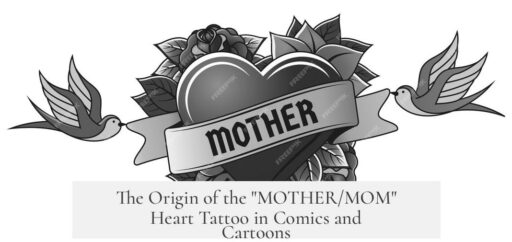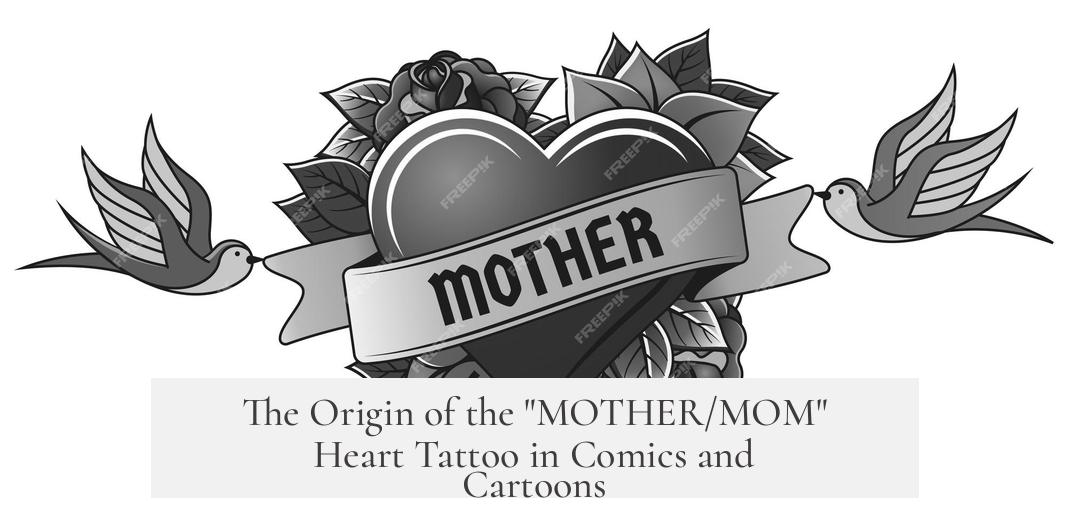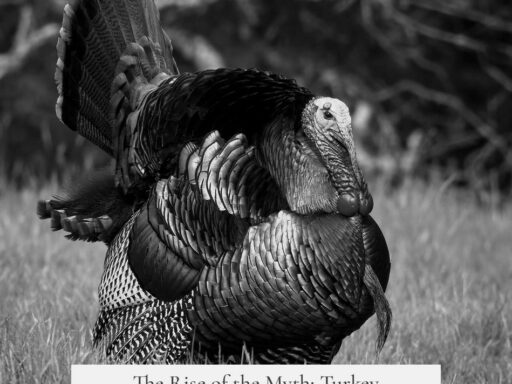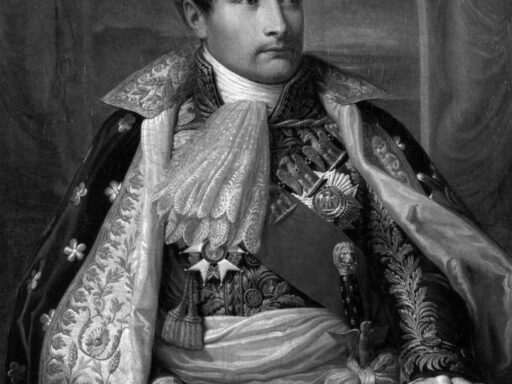The “MOTHER/MOM” heart tattoo most likely originates from early nautical tattoo traditions among sailors, who prominently featured hearts and family references as symbols of love and loyalty. This design became a stereotypical tattoo in comics and cartoons due to its strong association with sailors’ expressions of affection toward their mothers during long voyages.
Historical evidence shows that many traditional tattoos—anchors, swallows, hearts—stem from maritime culture. Sailors often tattooed symbols to represent their experiences, hopes, and connections.
The heart tattoo with “Mom” inscribed emerged as a common motif symbolizing devotion to family. Being away from home for months or years, sailors used this tattoo as an emotional reminder of their mothers and the home they longed for. This sentimental origin helped cement the “Mom” heart as a widely recognized symbol.
Though some suggest the design’s inspiration traces back to specific cultural references like the song “The Rocky Road to Dublin”, these claims lack strong evidence and seem too narrow. Experts remain skeptical about direct links to such sources.
| Key Insights |
|---|
| Traditional sailor tattoos developed from nautical symbolism. |
| “Mom” heart tattoos reflected sailors’ emotional ties to family. |
| Scholarly research backs nautical origins of these designs. |
| Popular culture adopted the motif, making it a cartoon/comic stereotype. |
Recognized by tattoo historians, early American seafarers frequently used heart tattoos bearing family names. According to Ira Dye’s scholarly research, sailors between the late 18th and early 19th centuries marked their skin with meaningful designs, often including hearts to signify romantic and familial bonds.
Cartoonists and comic artists later borrowed this iconography for its clear, instantly recognizable symbolism. The “Mom” heart tattoo became shorthand for a tough, affectionate character with strong family ties. Its simple, bold style translates well visually, reinforcing its popularity.
- Originates in maritime tattoo tradition with symbolic meaning
- Represents sailors’ love and remembrance of their mothers
- Scholarly evidence supports nautical roots over specific song inspiration
- Adopted widely in comics and cartoons for visual impact and cultural meaning




